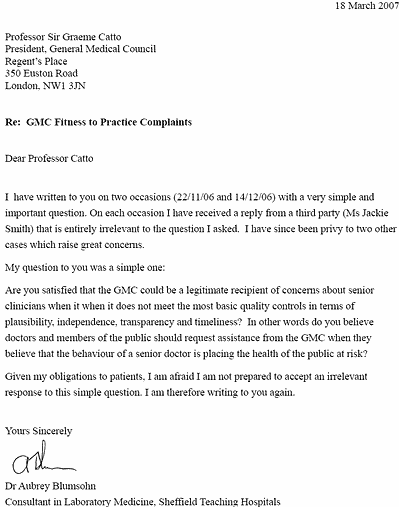Scientific Misconduct Blog Memory Hole: Events of October the 23rd
Quote of the day
Insanity: doing the same thing over and over again and expecting different results.Albert Einstein
34 years ago today: Those damn tapes again
On 23 October 1973 President Richard Nixon eventually agrees to turn over subpoenaed audio tapes of his Oval Office conversations about the Watergate scandal.
Those damn tapes again.
14 years ago today: A prelude to TGN1412 (sort of)
On 23 October 1993 it was revealed that a patient in a clinical drug trial who had raised concerns about serious side effects in participants was told he would no longer receive any medical care because of his criticisms. The trial then ended in catastrophe - with the iatrogenic deaths of five participants. The NIH Doctor involved is named as Jay H. Hoofnagle. The drug was fialuridine, to treat hepatitis B. 5 of the 15 patients who took the drug died, and two more required liver transplantation. Shades of TGN1412 (where the MHRA approved a protocol giving an entirely novel drug to six participants within a short time - and then declared themselves innocent of something).Source: "Doctor Drops Patient For Criticizing Drug Trial," New York Times, 23 Oct 1993
5 years ago today: Research contracts fail to adhere to guidelines
On 23 October 2002 the results of an important study of scientific contracting in biomedicine were released. The study examined legal provisions in 108 contracting arrangements between academics and corporate sponsors. Contracts failed to adhere to guidelines designed to protect integrity.The study was led by researchers at Duke University Medical Center and the Duke University School of Law. Compliance with three key provisions International Committee of Medical Journal Editors (ICMJE) were examined. ICMJE guidelines are used by more than 500 medical journals as a standard for scientists submitting research for publication.
- If researchers had proper access to trial data;
- If researchers could control publication decisions; and
- If researchers were involved in the design and protocol
"How low the level was kind of surprising and also what was surprising was how powerless the institutions felt in negotiating" [for honest science] Schulman said. "There's a failure of protections." "The problem is one of misrepresenting the data. Data interpretation is key and how the data are interpreted can skew the results".
"Any study that has strong pharmaceutical backing is highly likely to be defective," said Drummond Rennie. "You get the data the drug company wants you to have." "I'm not surprised because this shows what an appalling state everyone was in." "If the same study was conducted in five years time, I would hope there would be a huge difference."
Well that 5 years is up today Drummond.
2002 "Research contracts violate guidelines" 23 Oct 2002 United Press International

1 year ago today: The General Medical Council - Action through Inaction
On 23 October 2006 Reuters reported that "the UK General Medical Council has re-drafted the Good Medical Practice guidelines which, amongst other measures, include the provision for raising concerns about patient safety. This follows an extensive consultation by the GMC following the Harold Shipman Inquiry. The Guide demonstrates how far the medical community and its professional body has come in recognising and emphasising the importance of raising concerns where patient safety may be at risk. Public Concern at Work is clearly identified as a source for confidential and independent advice for doctors." Public Concern at WorkHard to say anything other than ha ha ha.
The threat to those raising concerns has never been greater, thanks in no small part to these two self congratulatory organizations.
They need to examine what actually happens to concerns when they are raised, and discuss what they plan to do about it.
My letter to Professor Graham Catto is alongside. I eventually received a "reply" from an underling admitting system failure (to follow). Read about the GMC here or Wilmshurst's excellent discussion of their miserable lack of integrity here.
Why are there so many problems involving this body? Why would a so called "whistleblower" support group not make any comment about this at all yet wholeheartedly accept a role providing "confidential and independent advice for doctors", while supporting legislation that insists that concerns are raised through such routes. Have they spoke with a reasonable selection of patients and doctors who have tried - and failed - to discuss serious concerns about patient welfare?
Why would anyone bother?
Earlier|Later|Main Page
1 comment:
If there's one thing that I learnt from working in Compliance, it is that systems mean nothing. I could devise absolutely the most watertight system for the Worshipful Company to operate within, and it would subvert it to its own purposes within the shortest time.
Indeed, we already have a perfectly adequate system in place, if the will was there to use it. I don't believe that any of the issues that we, and others, have raised could not be dealt with within the current legislative and regulatory framework. However, if one has a lobby that ensures that behaviour that is a nailed on transgression gets routinely overlooked, then what hope is there for an improvement in standards?
The Worshipful Company is not powerful - the administration is just weak, in comparison, that's all.
Matt
Post a Comment